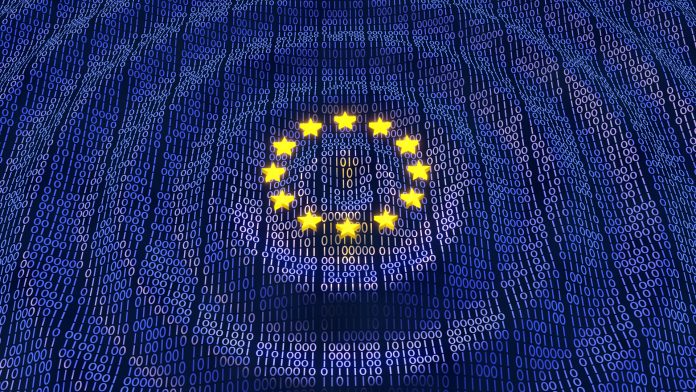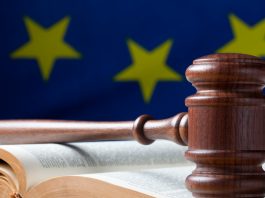The European Commission is proposing the introduction of a digital rights declaration to guide digital transformation in the EU.
On 26 January, the Commission proposed that the European Parliament and Council sign up to a declaration of digital rights and principles that will facilitate the digital revolution in the EU.
The draft declaration on digital rights and principles seeks to provide a coherent reference point for the digital evolution that Europe promotes and defends. As well as this, it will act as a guide for policy makers and businesses when dealing with novel technologies.
Promoting digital rights
The liberties embodied and protected by the EU’s legal framework, and the European ideals conveyed by the principles, must be as acknowledged online as they are offline. Once mutually approved, the Declaration will also outline the approach to the digital transformation that the EU will promote around the world.
Executive Vice-President for a Europe Fit for the Digital Age, Margrethe Vestager, explained: “We want safe technologies that work for people, and that respect our rights and values. Also when we are online. And we want everyone to be empowered to take an active part in our increasingly digitised societies. This declaration gives us a clear reference point to the rights and principles for the online world.”
Commissioner for the Internal Market, Thierry Breton, added: “We want Europeans to know: living, studying, working, doing business in Europe, you can count on top class connectivity, seamless access to public services, a safe and fair digital space. The declaration of digital rights and principles also establishes once and for all that what is illegal offline should also be illegal online. We also aim to promote these principles as a standard for the world.”
Liberties in the digital age
The draft declaration shields crucial rights and principles for the digital revolution, including: centring people and their rights; championing solidarity and inclusion; safeguarding the freedom of choice in an online environment; nurturing involvement in digital public spaces; enhancing protection, security and empowerment of people; and encouraging the sustainability of the digital future.
These rights and principles must follow EU citizens in their day-to-day lives: reasonably priced and high-speed digital connectivity available everywhere; well-equipped classrooms and digitally trained teachers; consistent access to public services; a protected digital atmosphere for children, comprehensible data on the ecological impact of our digital products; regulating the usage of personal data.
The declaration is entrenched in EU law and develops the experience of the European Pillar of Social Rights. David Sassoli, former European Parliament President, advocated the idea of the access to the Internet as a new human right in 2018.
Fostering and realising the principles laid out in the declaration will be a collective political commitment and responsibility at both Union and Member State level. In order to ensure the declaration will have a material impact on the ground, the Commission proposed that progress will be studied, any gaps will be assessed, and recommendations will be provided for actions through an annual report on the ‘State of the Digital Decade’.









